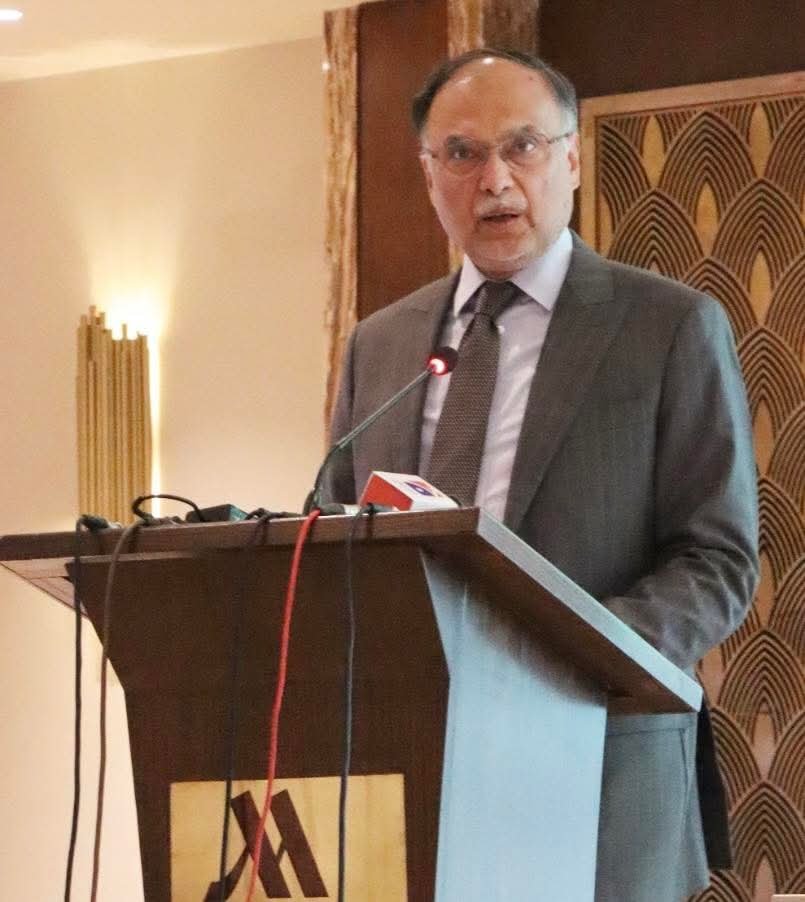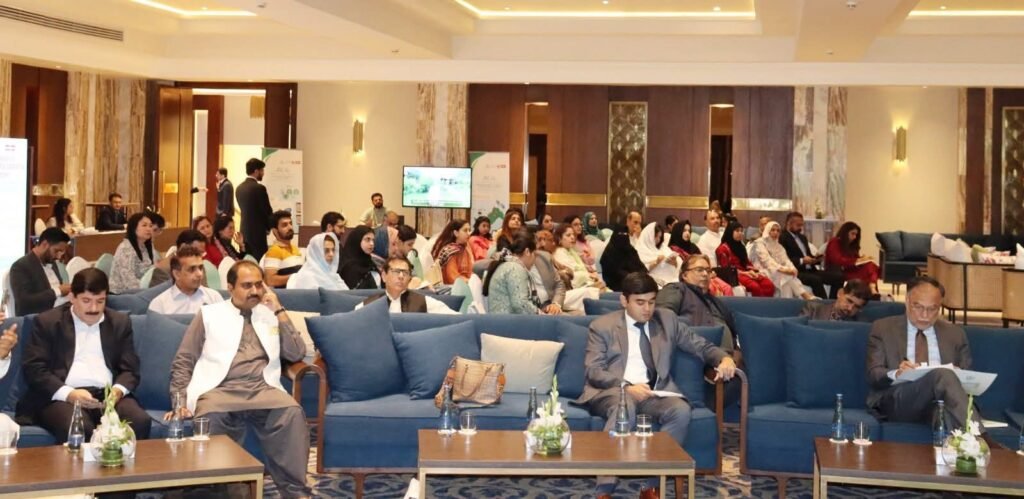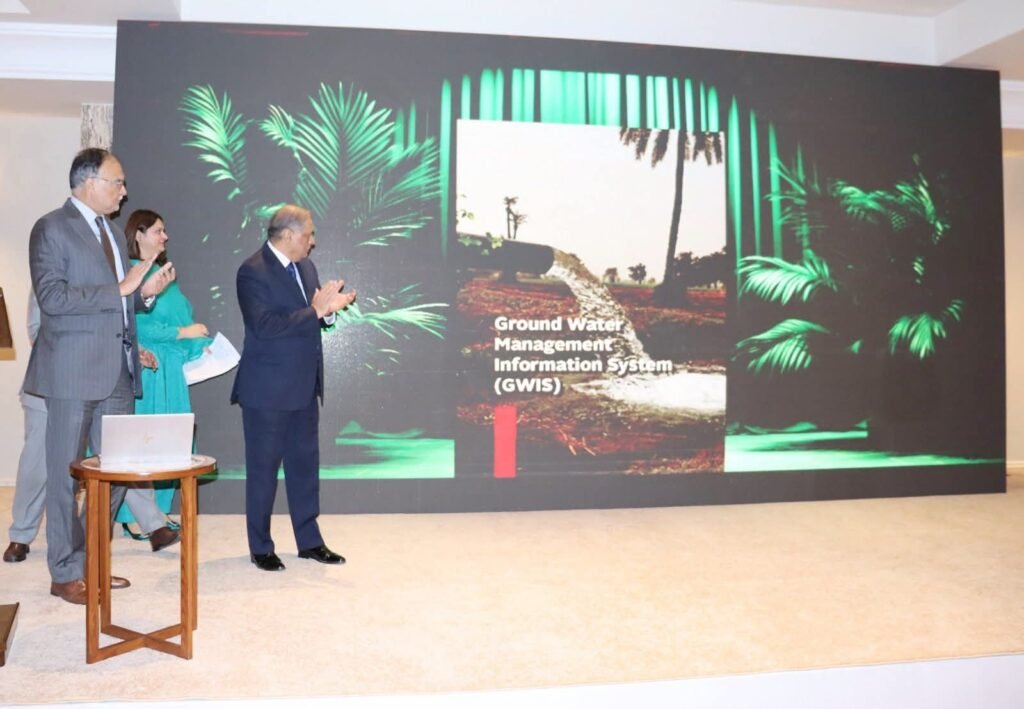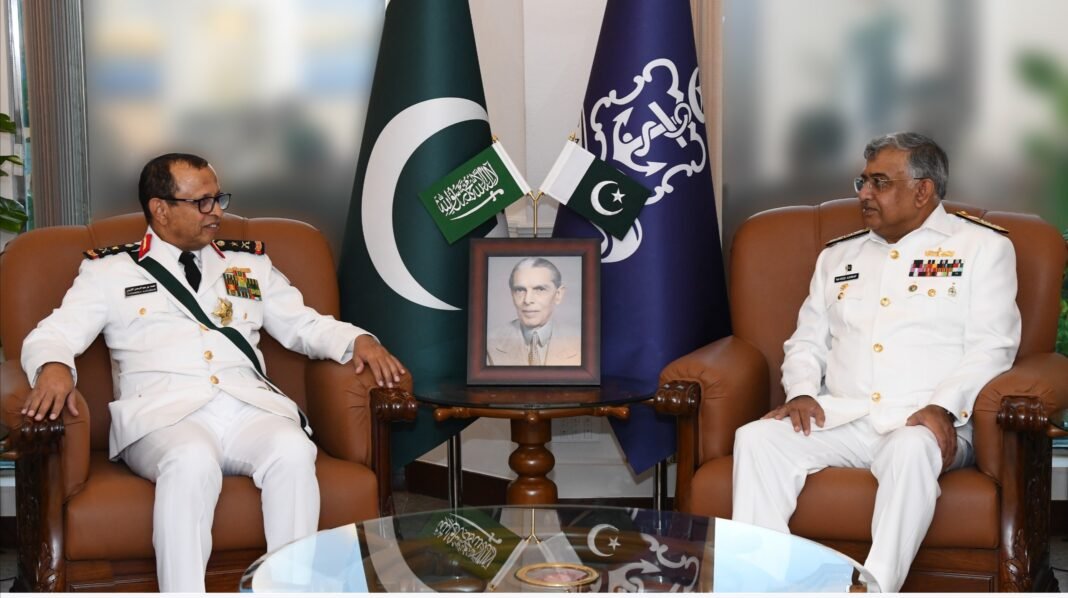
ISLAMABAD, Federal Minister for Planning, Development and Special Initiatives, Prof Ahsan Iqbal, delivered a keynote address at a climate change event, titled “Practical Action for Environmental Protection: Progress on Climate Change Direction in Pakistan. “ organised by CARE for South Asia.
Minister remarked that climate change is no longer a theoretical concern but a harsh and dangerous reality that poses a grave threat to the future of humanity.
Recalling the catastrophic floods of 2022, he said that Pakistan has already experienced the devastating effects of climate change, which have inflicted irreparable losses on human lives, the economy, agriculture, and vital infrastructure.

Highlighting the geographical vulnerability of Pakistan, the Minister noted that the country is home to over 7,000 glaciers, the largest concentration outside the polar regions, which are melting at an unprecedented pace. He warned that over the past six decades, the rate of glacial retreat has reached alarming levels, endangering Pakistan’s water system, particularly the Indus River Basin.
Prof Iqbal emphasized that the Indus River supports 90 per cent of Pakistan’s agricultural output, and the accelerated glacial melt threatens not only agriculture but also water security, energy generation, and food availability.
He pointed out that countries like Pakistan, which have contributed least to global greenhouse gas emissions, are among the most vulnerable to climate change impacts. “The annual provision of $100 billion for climate affected countries is not charity, it is a matter of climate justice,” he asserted.
He urged that the international community, especially the Global North, must now be held accountable. “The world has long demanded ‘do more’ from the Global South; the time has come to demand that the Global North ‘do more’ for climate justice,” he said.

The Minister further stated that developed nations must honour their commitments by providing the required financial, technical, and institutional support to climate-vulnerable countries so they can respond effectively to the unfolding crisis.
He noted that the present government has taken the challenge of climate change seriously and has made it a central pillar of Pakistan’s national planning framework under the “5Es” strategy.
Concluding his remarks, the Minister called upon the international community to play an active and responsible role in ensuring climate justice and securing a sustainable and safer future for all.
Sohail Majeed is a Special Correspondent at The Diplomatic Insight. He has twelve plus years of experience in journalism & reporting. He covers International Affairs, Diplomacy, UN, Sports, Climate Change, Economy, Technology, and Health.





![logo-1[1]](https://globalnewspakistan.com/wp-content/uploads/2025/01/logo-11-e1737618310315-300x187.png)